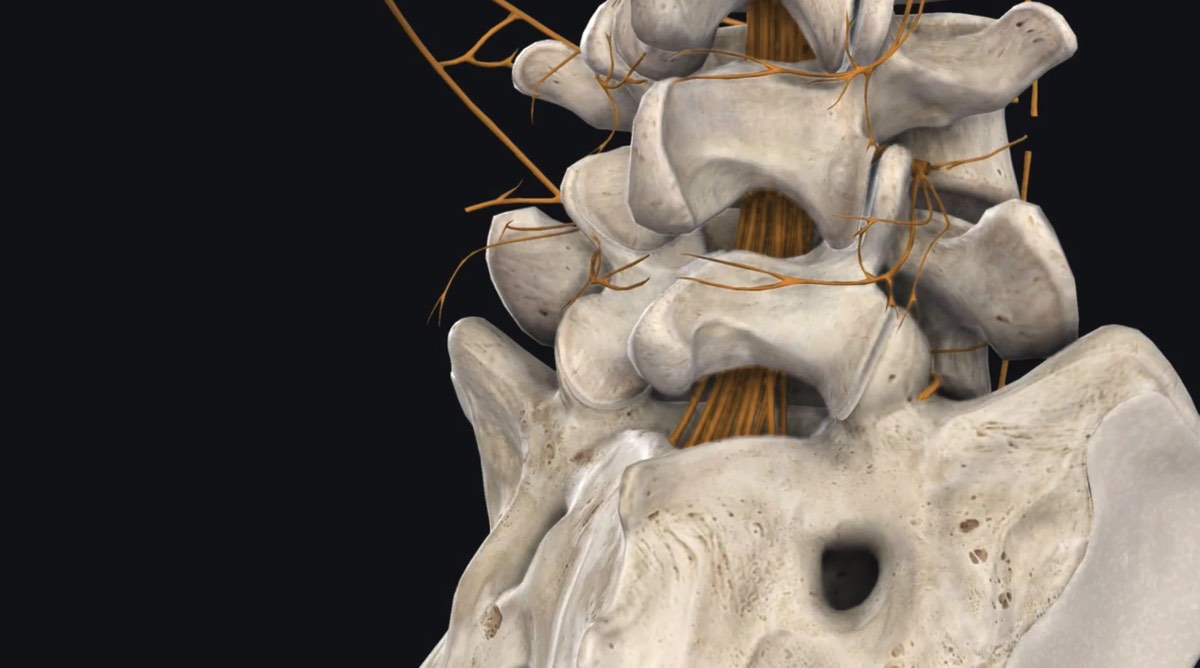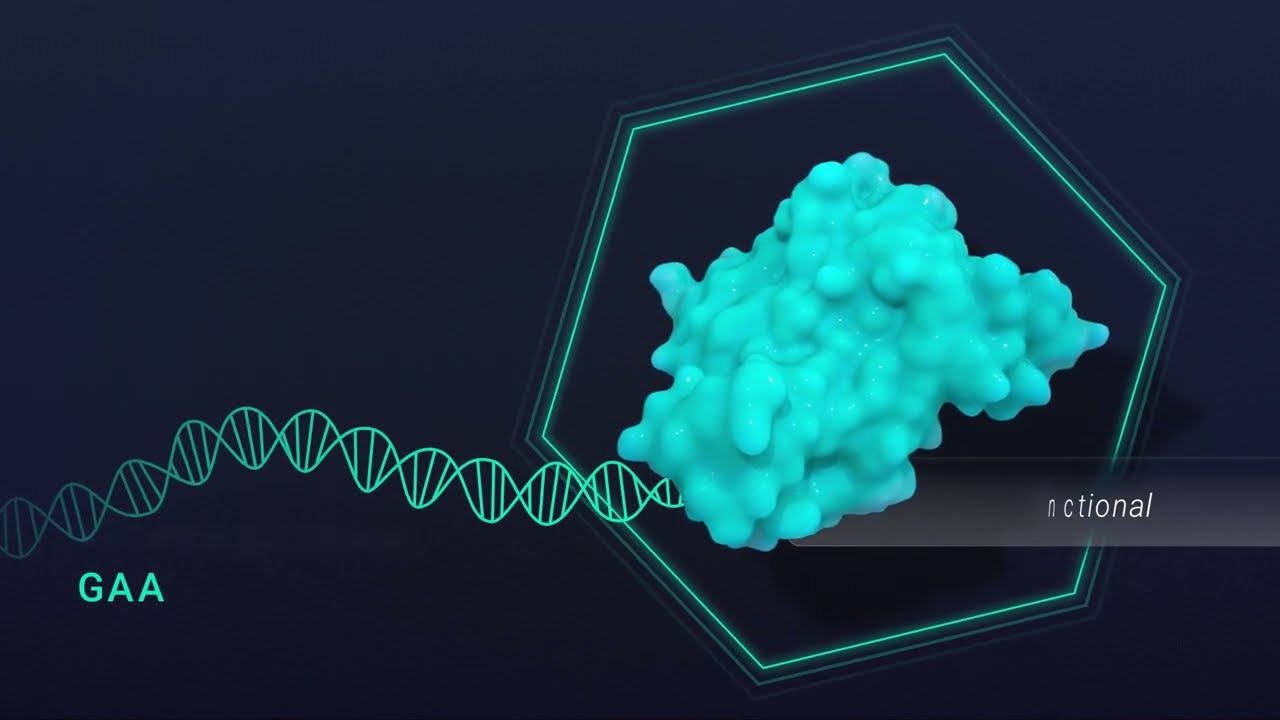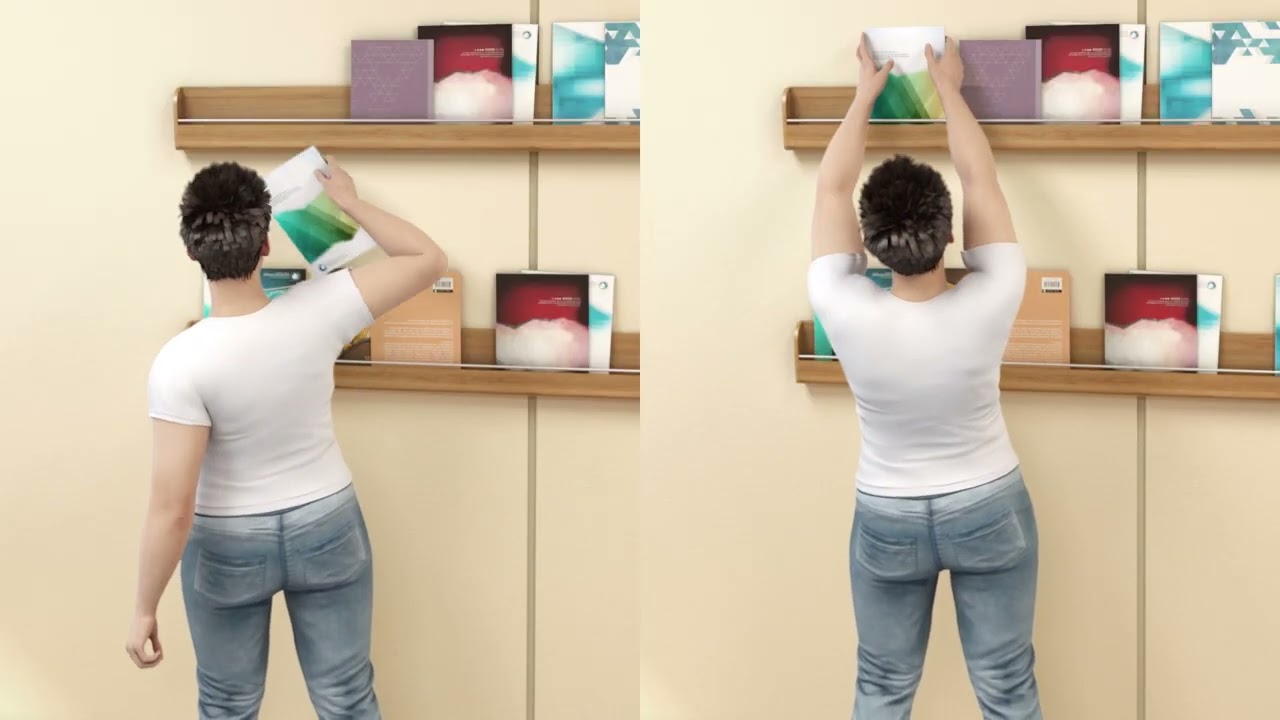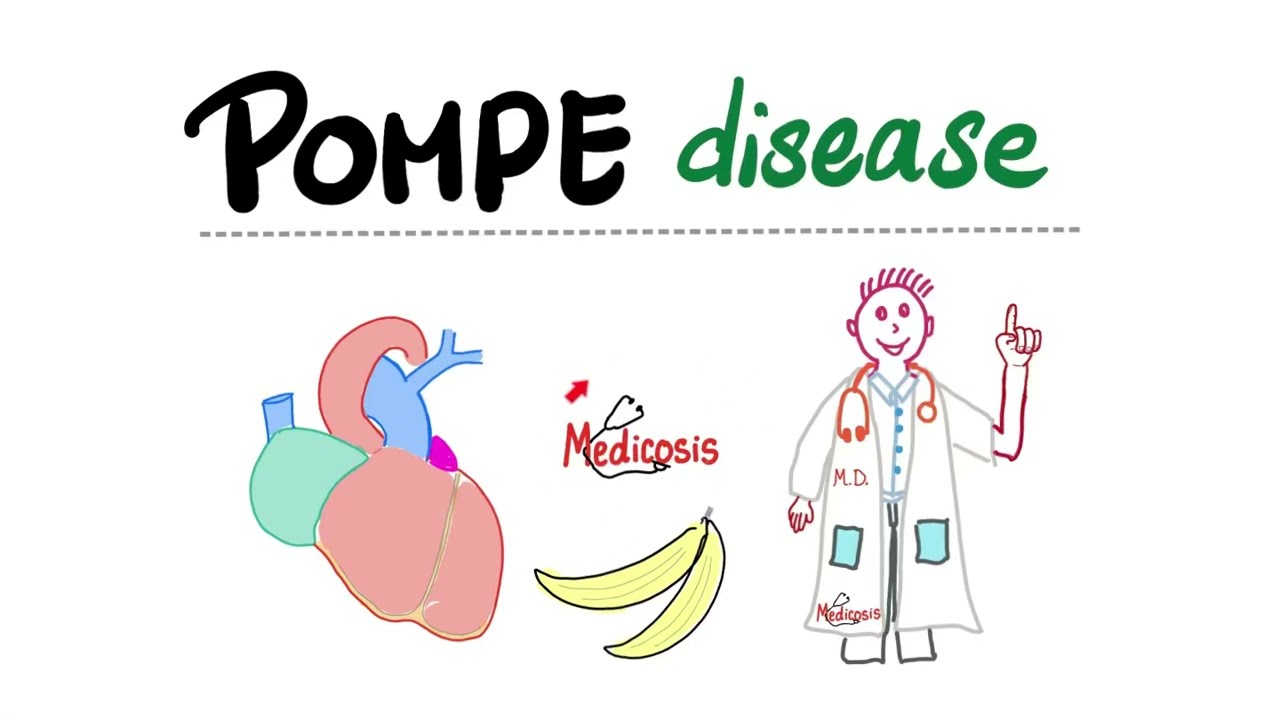NEW YORK (Reuters Health) – For patients with radiation or chemical cystitis refractory to standard therapy, submucosal injection of botulinum toxin A (BoNT-A) into the bladder wall appears promising, according to a case series reported in the September issue of BJU International.
Dr. Yao-Chi Chuang, at Chang Gung University College of Medicine in Taiwan, and colleagues treated six patients with cystitis due to pelvic irradiation (four patients with prostate cancer and two with cervical cancer), and two patients with cystitis caused by intravesical instillation of BCG for bladder cancer. All had failed conventional therapy with anticholinergic agents for at least 2 months.
Under sedation or local anesthesia, BoNT-A 100-200 U was injected through a cystoscope into 20 sites in the posterior and lateral wall of the bladder.
Three patients had moderate improvement and four had significant improvement in symptoms lasting for up to 6 months.
Among the patients treated with radiation, mean bladder capacity increased from 105 to 250 mL at 2 months, and urinary frequency declined from 14 to 11 episodes per day.
Results were similar in the patients with BCG cystitis, with improvement in bladder capacity from 110 to 230 mL and urinary frequency reductions from 16 to 12 episodes per day.
Perceived pain scores decreased from 8 to 2 on a 10-point visual analog scale. The authors note that inflammatory changes in bladder tissue were markedly reduced 2 months after BoNT-A treatment.
Dr. Chuang’s group proposes that “BoNT-A may be effective, regardless of the original aetiology, so long as the detrusor reflex is associated with symptom provocation.” They also note that recent findings indicate that the agent has antiinflammatory and analgesic effects.
They call for clinical trials to confirm their findings.
Reference:
BJU Int 2008;102:704-706.









